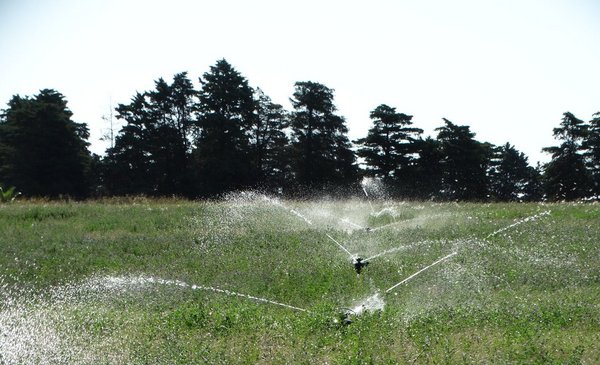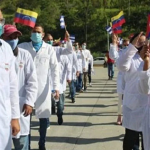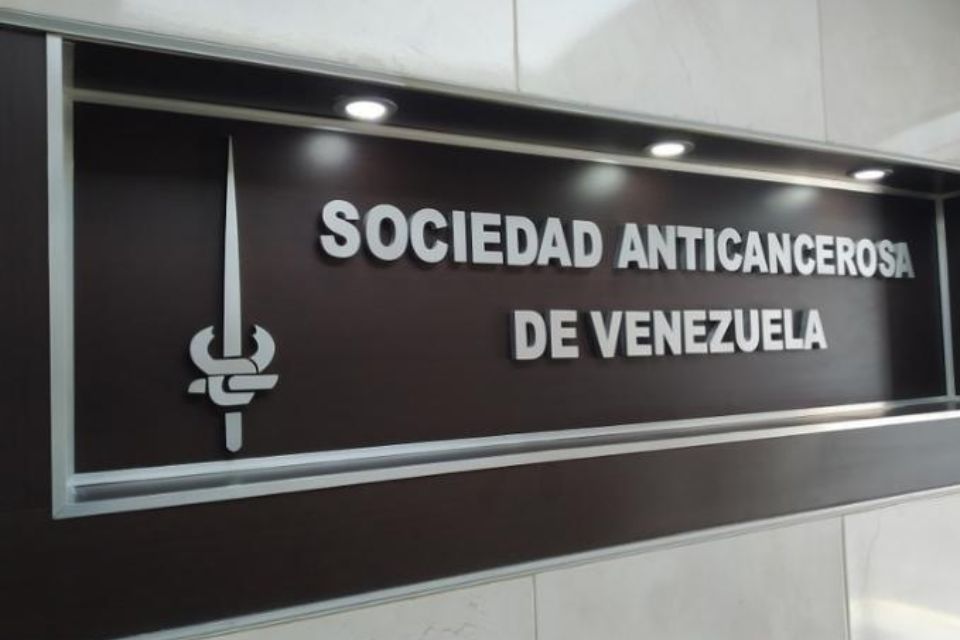The executive branch established a set of discounts in the electricity rate for various productive sectorswhat’s up from 15% to 80%.
This was determined based on coordinated management between UTE and three ministriesthose of Economy and Finance; Livestock, Agriculture and Fishing; and Industry, Energy and Mining.
The measure is added to a set of assistance that has been provided since the agricultural emergency due to drought was declared, which happened last spring and was extended in January, in this case until the end of April.
The agricultural emergency enables government assistance to producers in eight areas and throughout the national territory: livestock, dairy, agriculture, forestry, poultry, beekeeping, horticulture and fruit growing.
Felipe Algorta, director of UTEhighlighted The Observer that –as will be observed below in the list of discounts– by definition of the board of directors, technical work was done with all sectors, sector by sector was analyzed “in a win-win relationship”so that “Being production partners and not a heavy cost, that is the spirit, the better the country does, the better the UTE will do as well”.
Algorta remarked that, in the current adverse scenario for agriculture, “We cannot leave any producer behind, this is a concept that we have taken not only in the UTE, but in the entire government”.
Discounts
15% in fruit and vegetable cold rooms
15% to dairies
15% to irrigating producers
20% to wineries
20% to dairy farmers with contracts of more than 15 kw
80% to dairy farmers with contracts of up to 15 kw
Leonardo Carreno
Felipe Algorta, director of UTE.
Algorta reported on another support decided by UTE. A regulation was adjusted to allow those who request an electrical connection associated with a pump to have the service assuming the cost of the connection, but without requiring an associated home. This will make it possible to have water in places where until now it was not easy to implement it.
“The last measure we took was the possibility of that there is no household associated with the supply request for rural electrification and thus give the opportunity to producers who can, through UTE, request the service for electric pumps and resolve the issue draw water from old or new wells to water animals or irrigate crops”, he detailed.
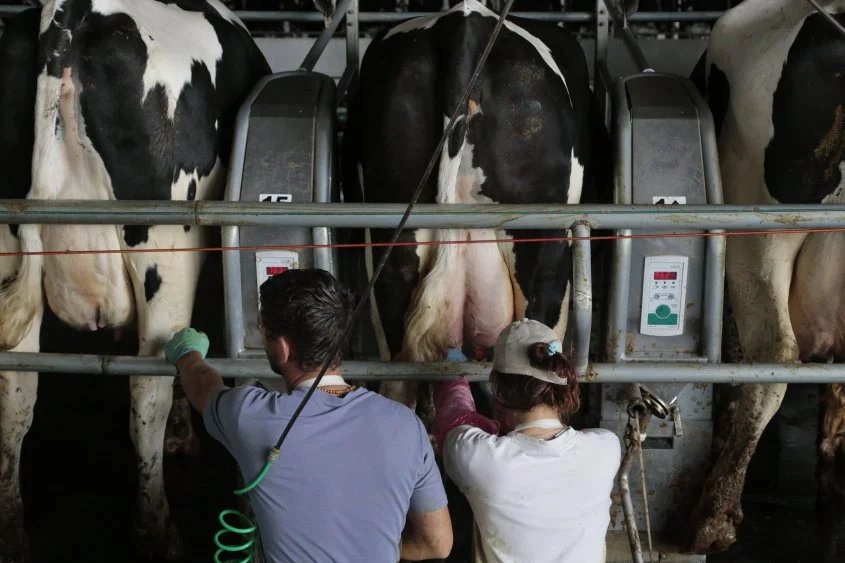
The tambos are also assisted in this way.
Algorta commented that “the weather disaster in Uruguay, the pandemic in the agricultural sector, forces us to be closer than ever to the productive sector.”
He added that Uruguay “is a productive country and any problem we have, such as the one we have had with the water deficit, has an impact on absolutely the entire society”.
For this reason, he remembered UTE in January took the measure of postponing payments for January, February and March“to financially alleviate those affected by the drought”, who agreed to the benefit of complying with the corresponding payment in six installments starting in July.
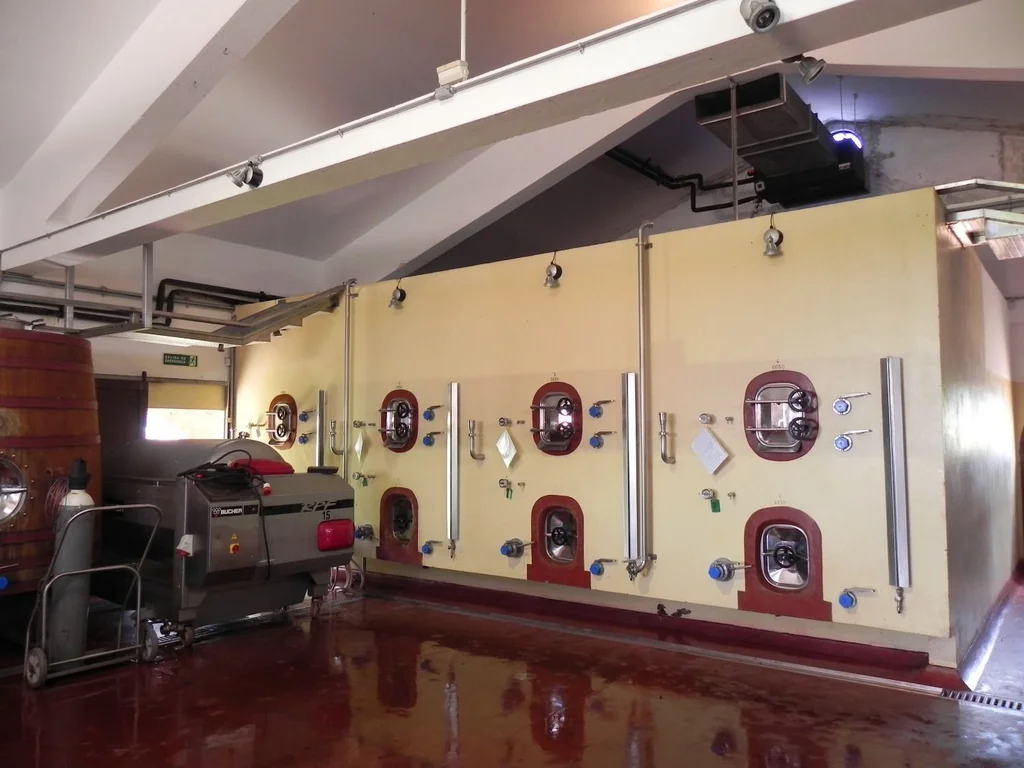
John Samuelle
Viticultural industries, among those benefited.
